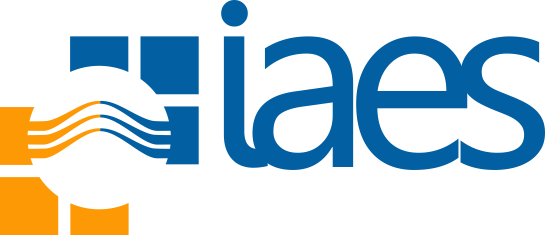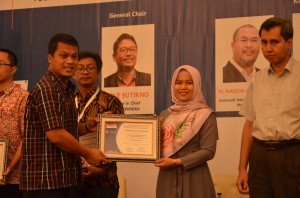Scholarly Open Access Critical Analysis of Jeffrey Beall’s Blog – Open Access Publishing
From: https://scholarlyoa.net
“Beall doubles down.. Predatory blog shutdown Jeffrey Beall will be criminally prosecuted in USA for fraud, extortion, bribery and money laundering. https://scholarlyoa.com/ shutdown. No information where about predatory Blogger Beall Predatory Blogger, Beall’s university profile is also gone http://people.auraria.edu/jeffrey-beall/home. Predatory blogger Beall created own his criterions and directed a lot of false claims, causing tremendous injury, personal and professional, to countless numbers of individuals, publishers and organizations. He should be made to release the full content of every blog post he ever published, because that information was in the public domain. So, by suddenly removing all information, he has not only acted cowardly, but irresponsibly.”
Problems and challenges of predatory journals
From: https://www.ncbi.nlm.nih.gov/pmc/articles/PMC6174996/
The work of Bohannon highlighted several troubling issues.
- In the majority of cases, only superficial peer review process was performed.
- The article was sold as ‘scientific’.
- Journals belonging to well‐known publishers, also accepted the bogus article.
- It became obvious that the journal titles did not necessarily reflect the origin of the journal.
All these four (4) points have been listed on a blacklist created by Jeffrey Beall – an academic librarian at the University of Colorado in Denver – which he published on his blog, Scholarly Open Access (https://scholarlyoa.com but now it was shutdown). But, an anonymous cached on https://beallslist.weebly.com.
From https://www.ncbi.nlm.nih.gov/pmc/articles/PMC6174996/: “Scientific journals and publishers play vital roles in the scientific community and, due to new publishing models such as OA, scientific journals and articles are now much more broadly distributed. In addition, more and more lay people can gain access to scientific literature due to the OA movement. This provides an important chance to increase the acceptance of science in the wider community but also represents a threat, because predatory journals can compromise this system. Therefore, journals and publishers should make efforts to strengthen this concept and contribute to more awareness of this topic. A new system has to be implemented to identify predatory journals and all articles published in such journals.”




